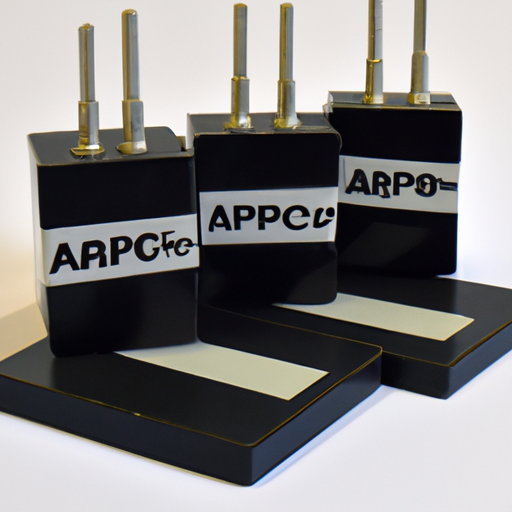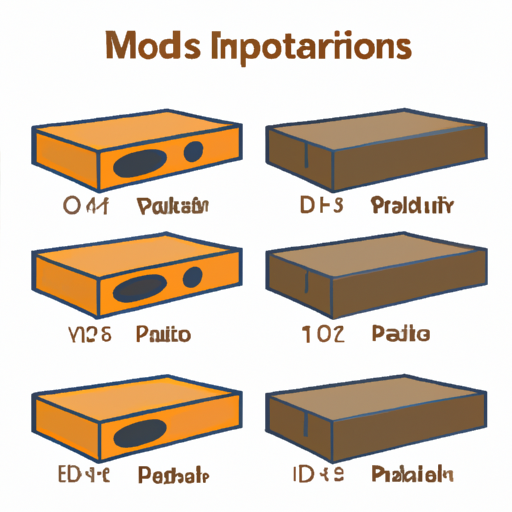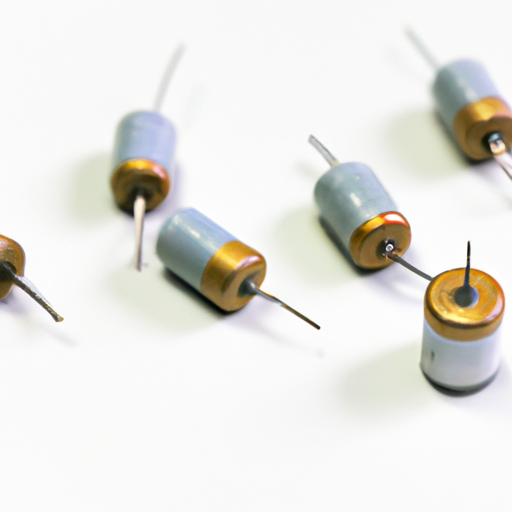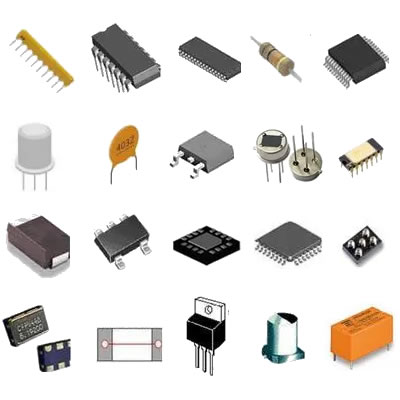What are the main application directions of capacitors?
What are the Main Application Directions of Capacitors?
I. Introduction
Capacitors are fundamental electronic components that store and release electrical energy. They play a crucial role in a wide range of applications, from consumer electronics to industrial machinery, automotive systems, and telecommunications. As technology continues to evolve, the importance of capacitors in modern devices and systems cannot be overstated. This article will explore the various application directions of capacitors, highlighting their significance in different fields and discussing emerging trends that may shape their future.
II. Basic Principles of Capacitors
A. How Capacitors Work
At their core, capacitors consist of two conductive plates separated by an insulating material known as a dielectric. When a voltage is applied across the plates, an electric field is created, allowing the capacitor to store energy. The amount of energy a capacitor can store is determined by its capacitance, which is measured in farads (F). Capacitance is influenced by the surface area of the plates, the distance between them, and the properties of the dielectric material.
B. Types of Capacitors
There are several types of capacitors, each with unique characteristics and applications:
1. **Electrolytic Capacitors**: Known for their high capacitance values, these capacitors are often used in power supply circuits for smoothing and filtering.
2. **Ceramic Capacitors**: These are widely used in high-frequency applications due to their stability and low losses.
3. **Film Capacitors**: Known for their reliability and low self-inductance, film capacitors are commonly used in audio and signal processing applications.
4. **Tantalum Capacitors**: These capacitors offer high capacitance in a small package and are often used in portable electronics.
5. **Supercapacitors**: With their ability to store large amounts of energy, supercapacitors are increasingly used in applications requiring rapid charge and discharge cycles.
III. Capacitors in Consumer Electronics
A. Role in Power Supply Circuits
In consumer electronics, capacitors are essential for power supply circuits. They smooth out voltage fluctuations, ensuring a stable power supply to sensitive components. By filtering out noise and providing energy storage, capacitors help maintain the performance and longevity of devices.
B. Applications in Audio Equipment
Capacitors play a vital role in audio equipment, where they are used for signal coupling and decoupling. They help eliminate unwanted noise and interference, ensuring high-quality sound reproduction. Additionally, capacitors are used in tone control circuits, allowing users to adjust the audio output to their preferences.
C. Use in Display Technologies
Capacitors are integral to modern display technologies, such as capacitive touchscreens. They enable the detection of touch inputs by measuring changes in capacitance. Furthermore, capacitors are used in LCD and LED backlighting systems, providing the necessary energy to illuminate screens effectively.
IV. Capacitors in Industrial Applications
A. Power Factor Correction
In industrial settings, capacitors are crucial for power factor correction. They help improve the efficiency of electrical systems by reducing reactive power, which can lead to energy savings and lower utility costs. Capacitors are often installed in conjunction with inductive loads, such as motors and transformers, to balance the power factor.
B. Motor Starting and Running
Capacitors are commonly used in single-phase motors to provide the necessary starting torque. They are also employed in HVAC systems to improve the efficiency of compressor motors. By ensuring smooth operation, capacitors contribute to the reliability and performance of industrial machinery.
C. Energy Storage Systems
Capacitors play a significant role in energy storage systems, particularly in renewable energy applications. They can store excess energy generated by solar panels or wind turbines, allowing for a more stable energy supply. Additionally, capacitors are integrated with batteries and inverters to enhance the overall efficiency of energy storage solutions.
V. Capacitors in Automotive Applications
A. Use in Electronic Control Units (ECUs)
In modern vehicles, capacitors are essential components of electronic control units (ECUs). They help stabilize voltage levels and filter noise in the vehicle's electrical system, ensuring reliable operation of various electronic functions.
B. Capacitors in Electric and Hybrid Vehicles
Capacitors are increasingly used in electric and hybrid vehicles for energy storage and management. They can quickly release energy during acceleration and capture energy during regenerative braking, improving overall efficiency. This capability is particularly important as the automotive industry shifts towards more sustainable technologies.
C. Role in Infotainment and Safety Systems
Capacitors are also found in infotainment systems and safety features, such as airbags and anti-lock braking systems. They help ensure that these critical systems operate reliably, contributing to the overall safety and comfort of the vehicle.
VI. Capacitors in Telecommunications
A. Signal Processing and Filtering
In telecommunications, capacitors are used for signal processing and filtering. They help eliminate unwanted frequencies and noise, ensuring clear and reliable communication. Capacitors are essential in various devices, including smartphones, routers, and base stations.
B. Role in RF Applications
Capacitors are crucial in radio frequency (RF) applications, where they are used in tuning circuits and impedance matching. Their ability to store and release energy quickly makes them ideal for high-frequency applications, such as wireless communication.
C. Capacitors in Data Transmission Systems
Capacitors are also employed in data transmission systems, where they help maintain signal integrity and reduce distortion. By stabilizing voltage levels, capacitors ensure that data is transmitted accurately and efficiently.
VII. Emerging Applications of Capacitors
A. Advancements in Supercapacitor Technology
Recent advancements in supercapacitor technology have led to significant improvements in energy density and performance. These developments open up new applications in electric vehicles and grid storage, where rapid charge and discharge capabilities are essential.
B. Capacitors in Wearable Technology
As wearable technology continues to grow, capacitors are becoming increasingly important. They are used in devices such as smartwatches and fitness trackers, where compact size and energy efficiency are critical.
C. Role in Internet of Things (IoT) Devices
Capacitors are also playing a vital role in the Internet of Things (IoT) devices. They help manage power consumption and ensure reliable operation in a wide range of applications, from smart home devices to industrial sensors.
VIII. Conclusion
In summary, capacitors are indispensable components in various fields, from consumer electronics to industrial applications, automotive systems, and telecommunications. Their ability to store and release energy efficiently makes them crucial for the performance and reliability of modern devices. As technology continues to advance, the role of capacitors will only become more significant, with emerging applications in supercapacitors, wearable technology, and IoT devices. Understanding the diverse applications of capacitors is essential for appreciating their impact on our daily lives and the future of technology.
IX. References
For further exploration of capacitors and their applications, consider the following resources:
1. "Capacitors: Principles and Applications" by John Smith
2. "The Art of Electronics" by Paul Horowitz and Winfield Hill
3. Online resources such as IEEE Xplore and ScienceDirect for the latest research on capacitor technology and applications.
This comprehensive overview of capacitors and their applications highlights their importance in modern technology and sets the stage for future innovations in this critical field.






